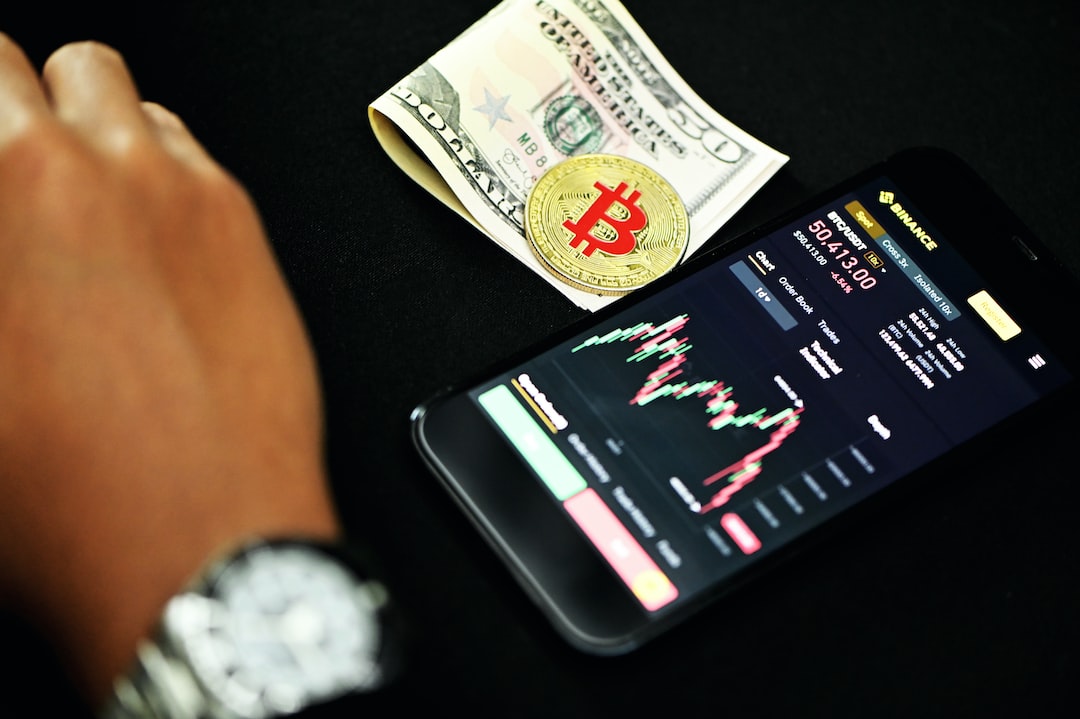Forex, also known as foreign exchange, is a decentralized market where currencies are traded for one another. It is the largest financial market in the world, with an average daily turnover of $5.3 trillion. Due to the size of the market and the high level of liquidity, forex is considered to be a relatively secure investment opportunity. However, like any financial market, forex is not entirely risk-free and requires certain securities to protect investors.
One of the primary security types in forex is regulation. Forex brokers, who provide access to the forex market, are regulated by various regulatory bodies around the world. These regulatory bodies ensure that brokers operate in a transparent and fair manner and protect investors from fraud, manipulation, and other illegal activities. Some of the most respected regulatory bodies in the forex market include the Financial Conduct Authority (FCA) in the UK, the National Futures Association (NFA) in the US, and the Australian Securities and Investments Commission (ASIC) in Australia.
Another security type in forex is the use of leverage. Leverage allows traders to open positions that are larger than their account balance, meaning they can increase their potential profits. However, leverage also increases the potential losses, so it’s important to use it wisely. Most forex brokers offer leverage ranging from 1:50 to 1:500, but some brokers offer even higher leverage. It’s important to choose a broker with suitable leverage for your trading strategy and risk tolerance.
Risk management is another important security type in forex. It’s essential to have a risk management plan in place to protect your capital and avoid large losses. One of the most common risk management strategies in forex is the use of stop-loss orders. A stop-loss order is an order placed with a broker to sell a currency pair when it reaches a certain price level. This helps to limit potential losses by closing a position automatically at a predetermined level.
Another risk management strategy in forex is diversification. This means investing in different currency pairs to reduce overall risk. By diversifying your investments, you’re less exposed to the risks associated with a single currency pair. It’s also important to avoid overtrading and to maintain a disciplined approach to trading.
Cybersecurity is also an important security type in forex. As an online market, forex is vulnerable to cyberattacks, such as hacking, phishing, and malware. Forex brokers use various security measures to protect their clients’ accounts and data, such as two-factor authentication, encryption, and firewalls. It’s important to choose a broker with robust cybersecurity measures to prevent unauthorized access to your account.
In conclusion, forex is a relatively secure investment opportunity with a high level of liquidity and regulation. However, like any financial market, forex is not entirely risk-free and requires certain securities to protect investors. These securities include regulation, leverage, risk management, and cybersecurity. By understanding these security types and implementing them in your trading strategy, you can reduce the risks associated with forex trading and increase your potential profits.





